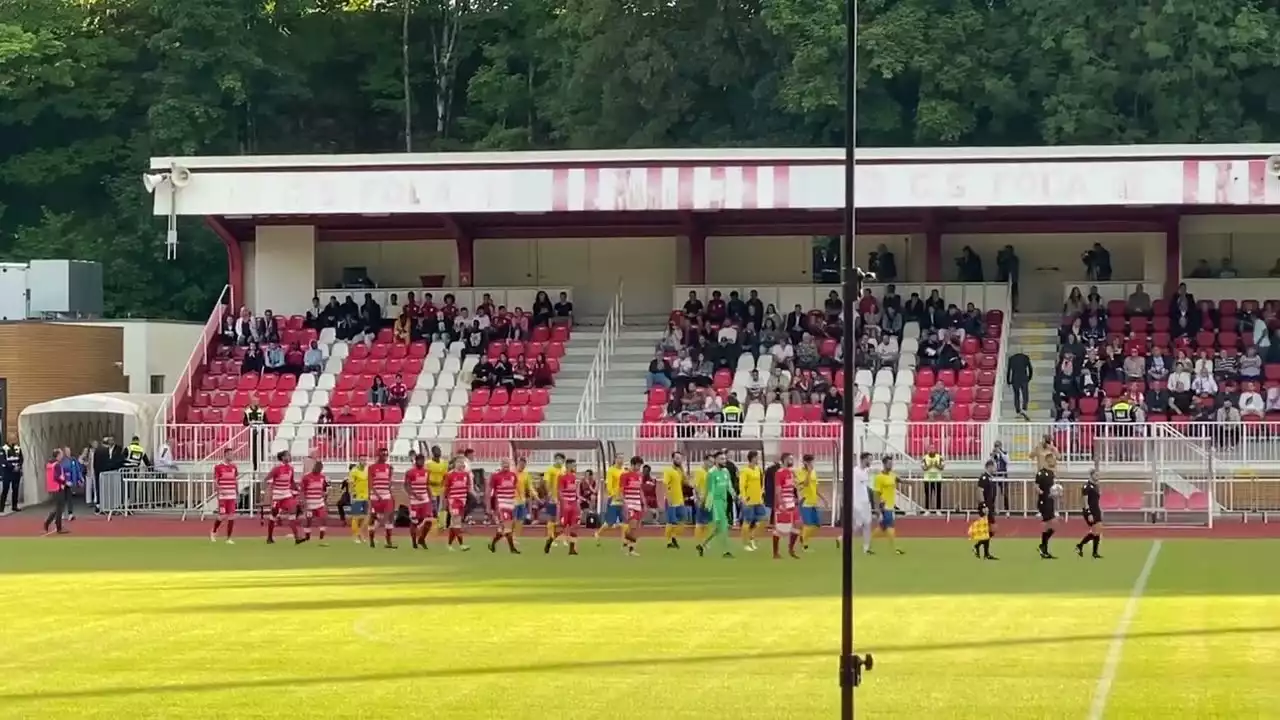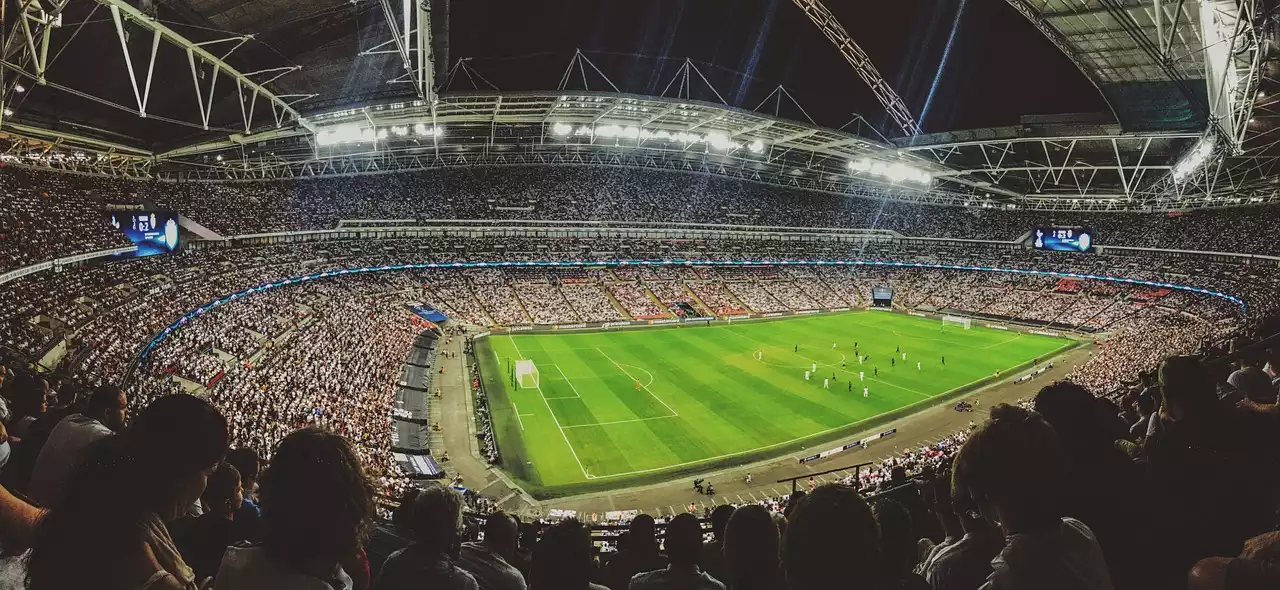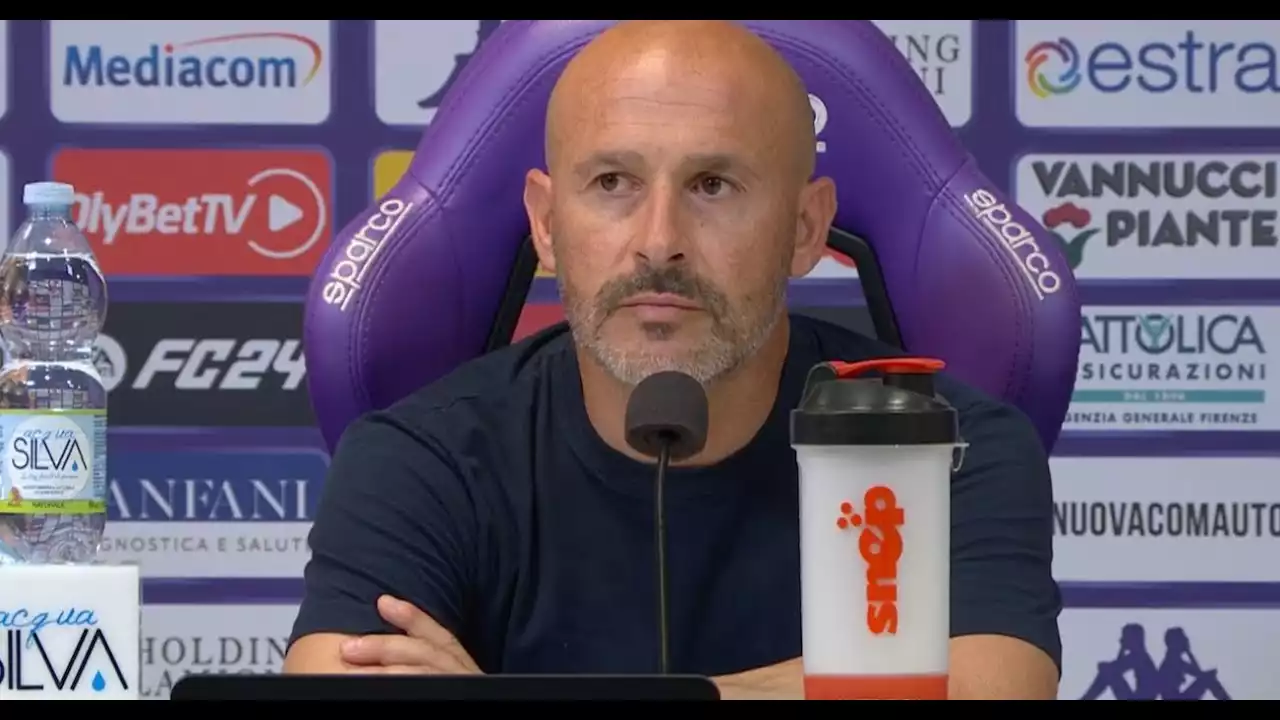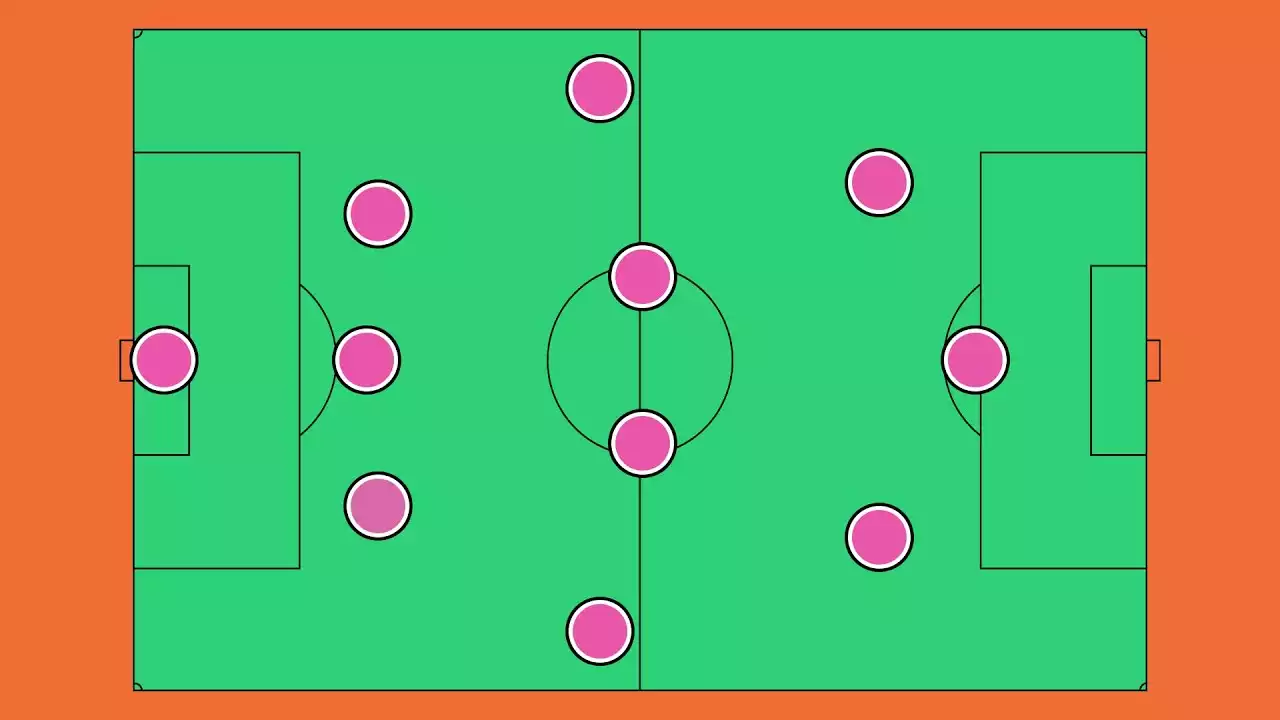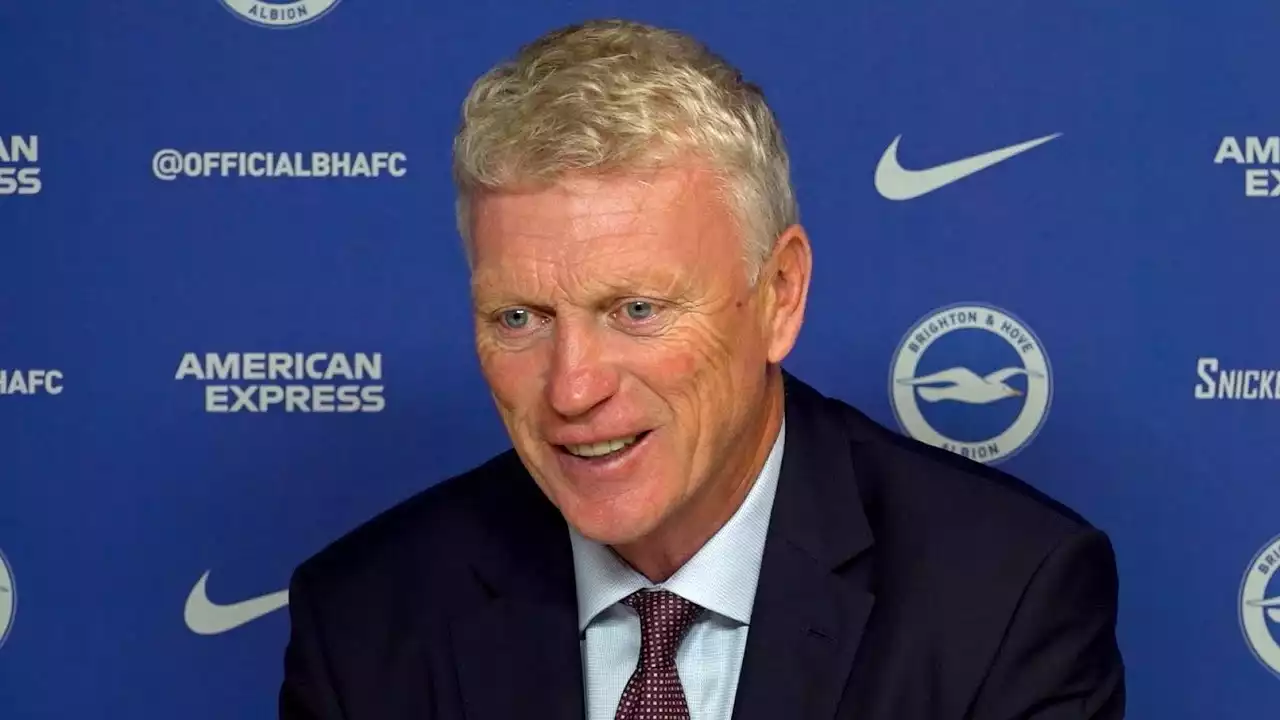Challenges faced by lower-tier teams in European competitions
Managing a lower-tier team in European competitions comes with its fair share of challenges. These teams often have limited budgets and resources compared to their more established counterparts. As a result, managers must navigate through unique obstacles to propel their clubs forward.
One of the biggest challenges is building a competitive squad on a limited budget. Lower-tier teams often struggle to attract top-tier players due to financial constraints. However, successful managers have found innovative ways to identify and recruit talented players who may have been overlooked by bigger clubs. By focusing on player development and strategic scouting, these managers are able to assemble squads that can compete with the best in Europe.
In addition, lower-tier teams often face more established and experienced opponents in European competitions. These opponents have a wealth of experience and resources, making it difficult for managers of lower-tier teams to find an edge. However, successful managers have shown that tactics and formations tailored to their team's strengths can level the playing field. By studying opponents and identifying their weaknesses, managers can devise game plans that exploit these vulnerabilities and give their team a fighting chance.
Managing player fatigue and fixture congestion is another challenge faced by managers of lower-tier teams. These teams often have smaller squads and fewer resources to rotate players effectively. This can lead to fatigue and injuries, which can have a detrimental impact on both domestic and European campaigns. Successful managers prioritize player fitness and recovery, ensuring that their players are in peak condition for important matches. They also utilize squad depth effectively, giving opportunities to fringe players and young talents to prove themselves on the European stage.
Benefits of participating in the Europa Conference League
Participating in the Europa Conference League offers numerous benefits for lower-tier teams. Firstly, it provides them with exposure on the continental stage, allowing them to showcase their talent and ambition to a wider audience. This exposure can attract new fans, sponsors, and potential investors, which can have long-term financial benefits for the club.
Furthermore, competing in European competitions can provide valuable experience and development opportunities for players. The intensity and high-level competition of these matches can help players grow both individually and collectively. They gain exposure to different styles of play, tactics, and strategies, which can contribute to their overall development as professionals.
From a club development perspective, the Europa Conference League offers lower-tier teams the chance to improve their infrastructure and facilities. The financial rewards from participating in European competitions can be reinvested into the club, allowing for upgrades to stadiums, training facilities, and youth academies. This, in turn, can attract better players and coaches, further enhancing the team's prospects in domestic and European competitions.
Strategies for managing lower-tier teams in European competitions
Managing a lower-tier team in European competitions requires a strategic approach. Successful managers employ various strategies to overcome the challenges they face and maximize their team's potential. Let's explore some of these strategies in detail.
Building a competitive squad on a limited budget
One of the key challenges for managers of lower-tier teams is building a competitive squad with limited financial resources. To overcome this, successful managers focus on player development and strategic scouting. They identify talented players who may have been overlooked by bigger clubs and provide them with opportunities to shine. This not only helps the team in the short term but also increases the value of these players, providing the club with potential transfer income in the future.
Another strategy is to foster a strong team spirit and a cohesive playing style. Lower-tier teams often rely on teamwork and collective effort to compete with more established opponents. Managers create a clear vision and identity for the team, instilling a sense of purpose and unity among the players. This allows them to punch above their weight and achieve results that may have seemed unlikely on paper.
Tactics and formations for success in the Europa Conference League
In European competitions, lower-tier teams often face opponents with superior resources and experience. To level the playing field, managers must utilize tactics and formations that suit their team's strengths and exploit the weaknesses of their opponents. For example, a team with pacey wingers might adopt a counter-attacking style, looking to exploit spaces left by the opposition's attacking full-backs.
Flexibility is also key in European competitions. Successful managers are willing to adapt their tactics and formations based on the specific demands of each match. They analyze the strengths and weaknesses of their opponents, identifying areas that can be exploited. By making intelligent tactical adjustments during matches, managers can gain an advantage and increase their team's chances of success.
Scouting and recruiting players for European competitions
Scouting and recruiting players for European competitions is a crucial aspect of managing lower-tier teams. Managers must identify players who have the potential to thrive in the high-intensity and competitive environment of European matches. They look for players with the right combination of technical ability, tactical understanding, and mental resilience.
Successful managers often have a vast network of scouts and contacts, allowing them to identify talent from diverse sources. They keep a close eye on lower leagues, youth academies, and untapped markets to find hidden gems. Additionally, managers prioritize character and attitude when recruiting players. They look for individuals who are hungry for success, willing to work hard, and have a strong desire to prove themselves at the highest level.
Managing player fatigue and fixture congestion
Managing player fatigue and fixture congestion is a significant challenge for managers of lower-tier teams in European competitions. These teams often have smaller squads and fewer resources to rotate players effectively. However, successful managers prioritize player fitness and recovery to minimize the risk of injuries and burnout.
They carefully manage the workload of their players, ensuring adequate rest and recovery between matches. This may involve rotating the squad and giving opportunities to fringe players and young talents. Additionally, managers focus on sports science and data analysis to optimize training methods and reduce the risk of injuries. By implementing proper recovery strategies and using sports science to monitor player fitness, managers can maximize the squad's performance throughout the season.
Maximizing revenue opportunities in the Europa Conference League
Participating in the Europa Conference League not only provides exposure and development opportunities but also offers potential revenue streams for lower-tier teams. Successful managers understand the importance of maximizing these revenue opportunities to strengthen the financial position of the club.
One way to generate revenue is through ticket sales. European matches often attract larger crowds, especially when well-known teams visit. Managers work closely with the marketing and ticketing departments to ensure effective promotion and pricing strategies, aiming to fill the stadiums and create a vibrant atmosphere.
Sponsorship deals and partnerships are another avenue for revenue generation. Managers collaborate with the commercial team to secure sponsorship agreements with local and international brands. These partnerships can provide financial support and increase the visibility of the club, both domestically and internationally.
Lastly, managers look for opportunities to monetize the club's digital presence. They leverage social media platforms and digital marketing strategies to engage with fans and attract sponsors. By creating compelling content and utilizing innovative marketing techniques, managers can enhance the club's digital presence and unlock additional revenue streams.
The importance of the Europa Conference League for lower-tier teams
The Europa Conference League plays a significant role in the development and progression of lower-tier teams. It provides these teams with a platform to compete on the continental stage, offering exposure, experience, and financial opportunities. The tournament allows them to showcase their talent and ambition, attracting new fans, sponsors, and potential investors.
Moreover, the Europa Conference League contributes to the growth and improvement of lower-tier clubs. The financial rewards from participating in European competitions can be reinvested into the club's infrastructure and facilities. This enables the team to enhance its training facilities, upgrade stadiums, and develop youth academies, providing a solid foundation for long-term success.
The tournament also creates a sense of excitement and anticipation for fans of lower-tier teams. It offers the opportunity to witness their club competing against teams from different countries and experiencing different football cultures. The Europa Conference League allows fans to forge new friendships and connections with supporters of other clubs, further enriching their footballing experience.
Managing lower-tier teams in European competitions is no easy task. However, successful managers have demonstrated that with strategic tactics, careful player management, and innovative recruitment strategies, lower-tier teams can compete on equal footing with more established opponents. The Europa Conference League provides these teams with a valuable opportunity to showcase their talent and ambition, paving the way for their development and progression in the world of European football. So, let us appreciate the stories of these underdog teams that have defied the odds and continue to make their mark on the continental stage.
